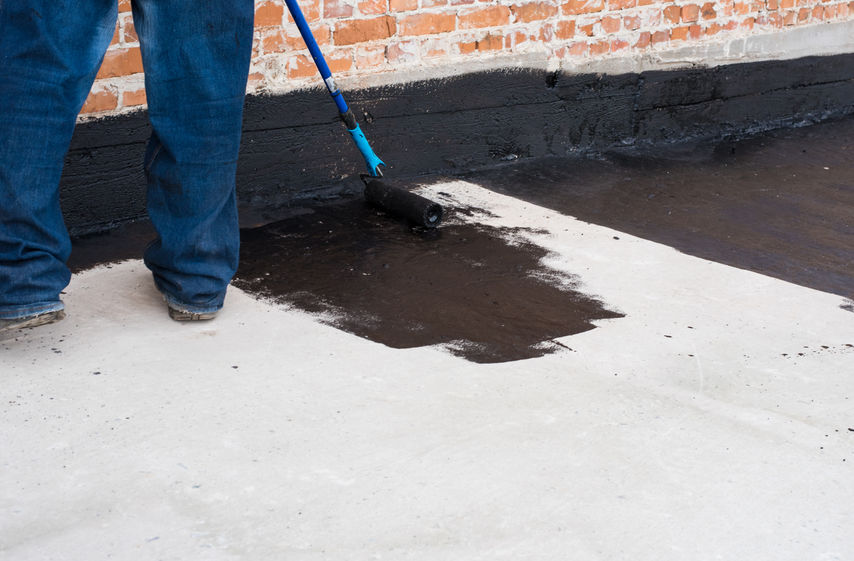
There are, of course, a number of things that can cause flooding. Heavy rains can occur in the spring, summer and fall seasons. Snowmelt can cause flooding in the winter and spring months. Severe storms and hurricane events can inundate the landscape with water. Also, various landscape features can make certain properties more susceptible to flooding. Standing water can ruin areas of a homeowner’s yard and cause excess water to pool around the foundation of the home, leading to flooding problems over time.
All of this leads us to a discussion of basement waterproofing – one of the most important things you can do to protect your home from flooding. It’s very common for a homeowner not to be concerned with basement waterproofing, or even to know much about it, until a flooding event has already occurred. On top of the cost of cleaning up the existing damage, homeowners are compelled to take steps to ensure that such a thing never happens again. But is there a way to stay ahead of the situation, and prevent basement flooding events before they happen? How does basement waterproofing actually work?
There is a lot of confusion about basement waterproofing, but the simplest explanation is that it involves specific treatments and installation of waterproof materials on the exterior of the home’s foundation, as well as the interior walls in some cases. Many waterproofing companies offer drainage and pump systems to help manage water after it has entered, but this is better understood as “water management” rather than “basement waterproofing.” In order to be waterproof, a technician really has to address the structural weaknesses of the home’s foundation (including both the internal and external walls) in order to prevent water from entering. There are many different materials and methods commonly used for this, including exterior coatings, internal sealers and panels for the walls and/or floor, crack injections to strengthen the foundation itself, and so forth. There really isn’t a “one size fits all” solution, and reputable contractors will always insist on making a person inspection of the basement and exterior of the home in order to determine the best combination of techniques.
A trustworthy basement waterproofing specialist in your area
You might not be in a position where basement waterproofing is an immediate necessity, and you may just want to know your options and assess your potential risks for flooding. If this is your situation, it’s important to find a waterproofing specialist that’s both experienced and reputable. You want a professional who gives you the same advice they would give a close friend or family member, rather than trying to sell you on waterproofing methods you don’t need. Solid advice on basement waterproofing should always come from a reputable source that puts the interests of homeowners first.
